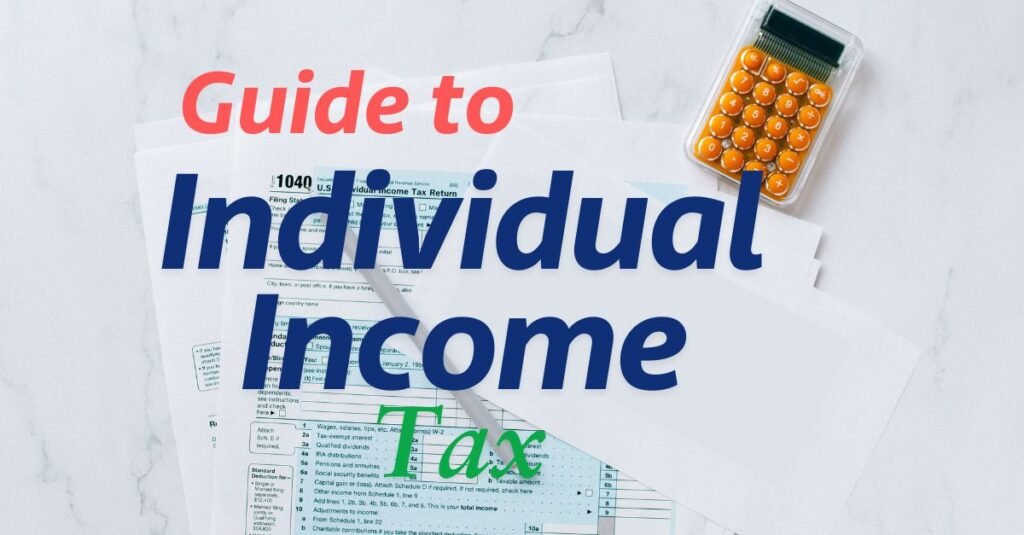Here's a breakdown of how individual income tax is calculated in Sri Lanka, according to the Inland Revenue Act: Income Tax sri lanka
1. Determining Your Residency Status:
- Resident Individual: An individual who is physically present in Sri Lanka for more than 183 days in a year of assessment.
- Non-Resident Individual: An individual who is not a resident individual.
2. Identifying Your Income Sources:
- Employment Income: Salary, wages, bonuses, allowances, etc.
- Business Income: Profits from self-employment or business activities.
- Investment Income: Interest, dividends, rental income, etc.
- Other Income: Any other income not falling into the above categories.
3. Calculating Your Total Income (Assessable Income)
Add up all your income from the different sources mentioned above
4. Claiming Tax Reliefs and Deductions:
- Personal Relief: A fixed amount deducted from your Assessable income.
- Rent Relief: A percentage of your rental income. (25%)
- Other Deductions: Specific deductions for certain expenses like Solar fixing, etc. (subject to conditions)
- Qualifying Payments:
5. Determining Your Taxable Income:
Subtract the total tax reliefs and deductions from your total income (Assessable Income)
6. Applying the Tax Rate:
The Inland Revenue Department publishes annual tax tables outlining the applicable tax rates for different income slabs. You can find these tables on their website or by contacting their offices.
7. Calculating Your Tax Liability:
Multiply your taxable income by the applicable tax rate for each income slab.
8. Making Tax Payments (Tax Credits):
- Advance Payment of Income Tax (APIT): Your employer may deduct income tax from your salary and remit it to the Inland Revenue Department on your behalf.
- Quarterly Installments: If you have self-employment income or other income sources, you may need to pay quarterly tax installments.
- Withholding Tax (WHT/AIT): Certain income sources may be subject to withholding tax, which is deducted at source by the payer
9. Annual Filing of Income Tax Returns:
You must file an annual income tax return to declare your income, claim deductions, and pay any remaining tax liability.
Additional Considerations:
- Late Payment Penalties: Failure to pay taxes on time may result in penalties and interest charges.
- Tax Audits: The Inland Revenue Department may conduct audits to verify the accuracy of your tax returns and payments.
Important Note:
Tax laws and regulations can change frequently. It is advisable to consult with a tax professional or refer to the latest guidelines from the Inland Revenue Department for accurate and up-to-date information


